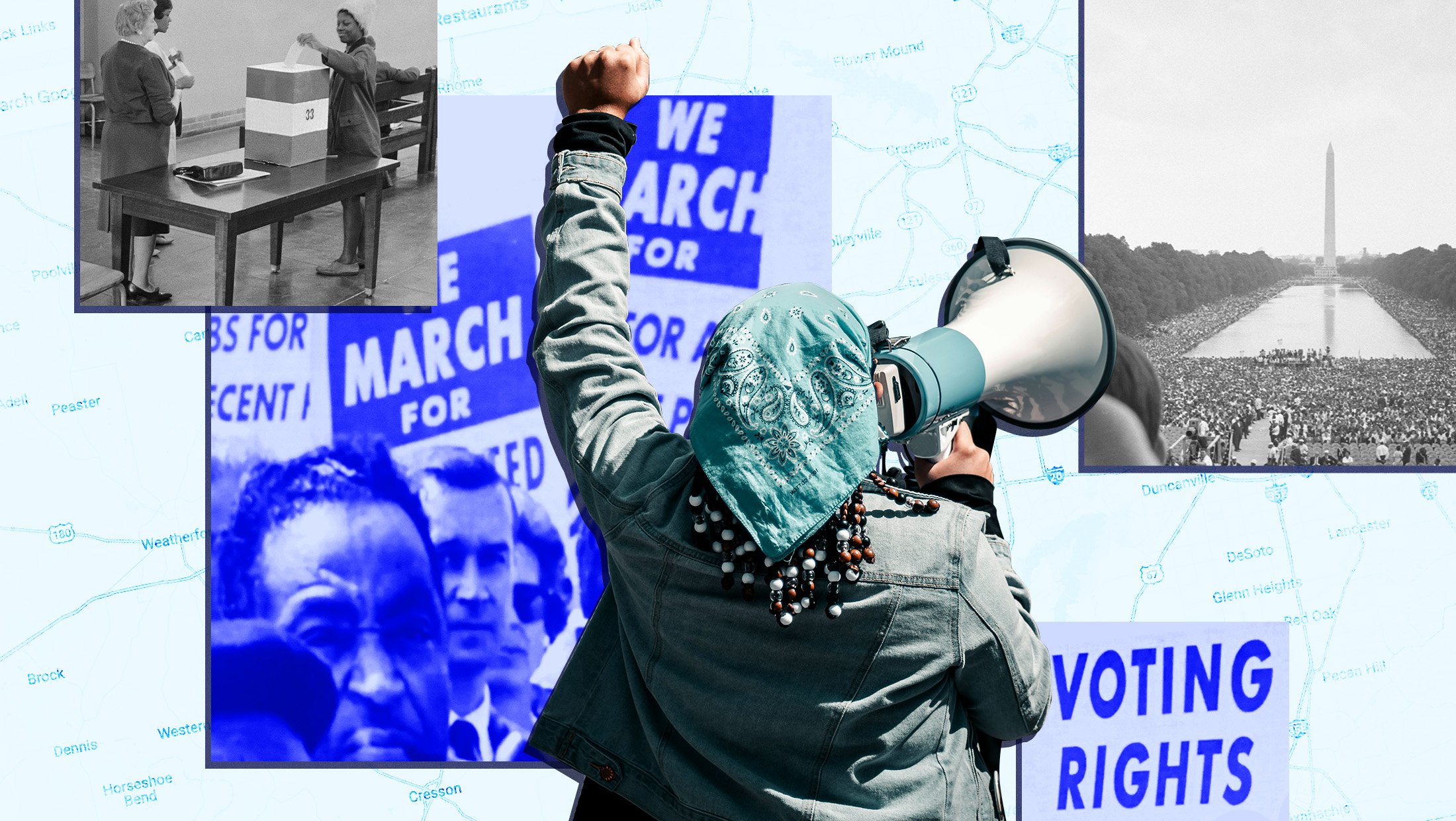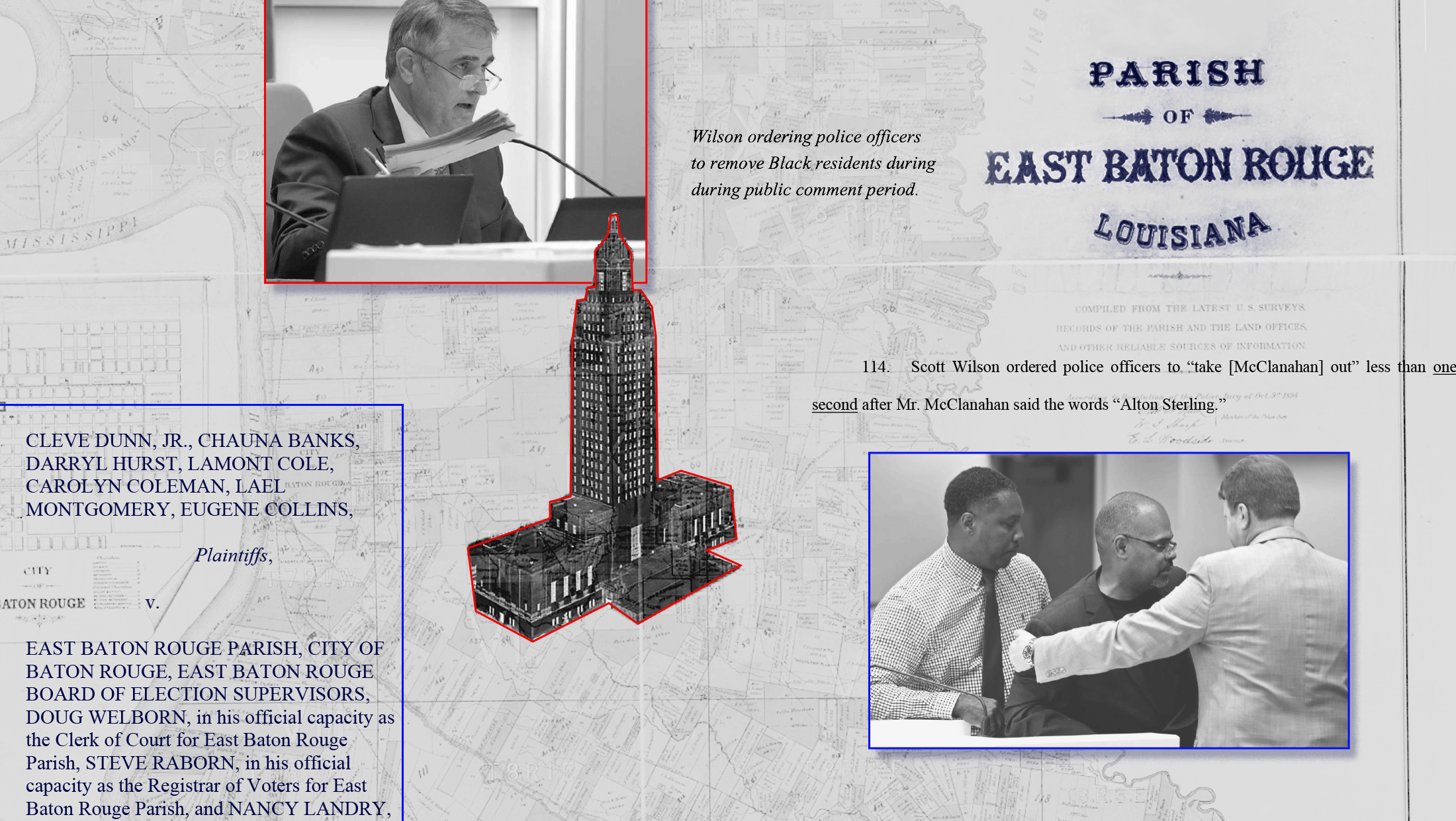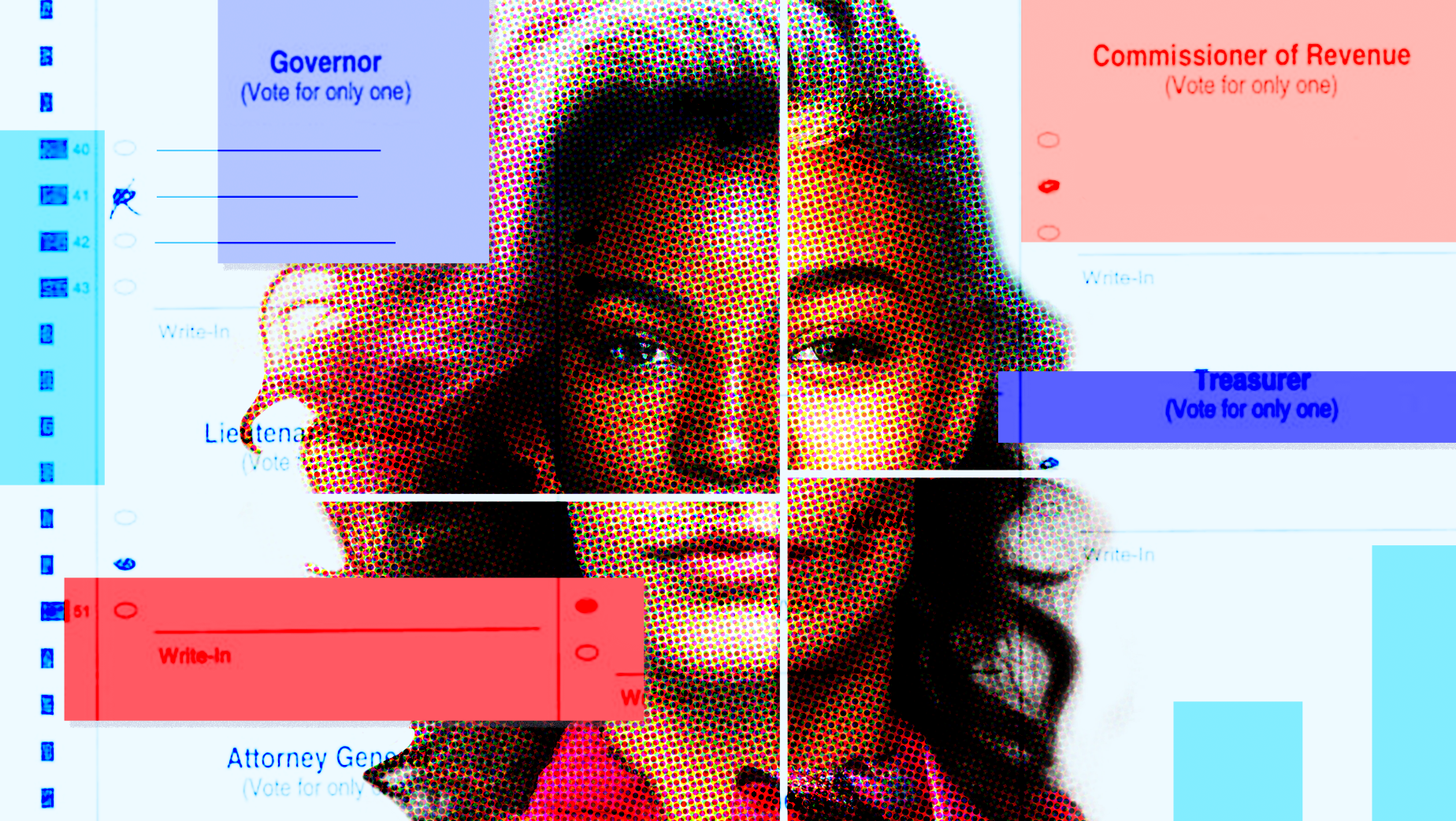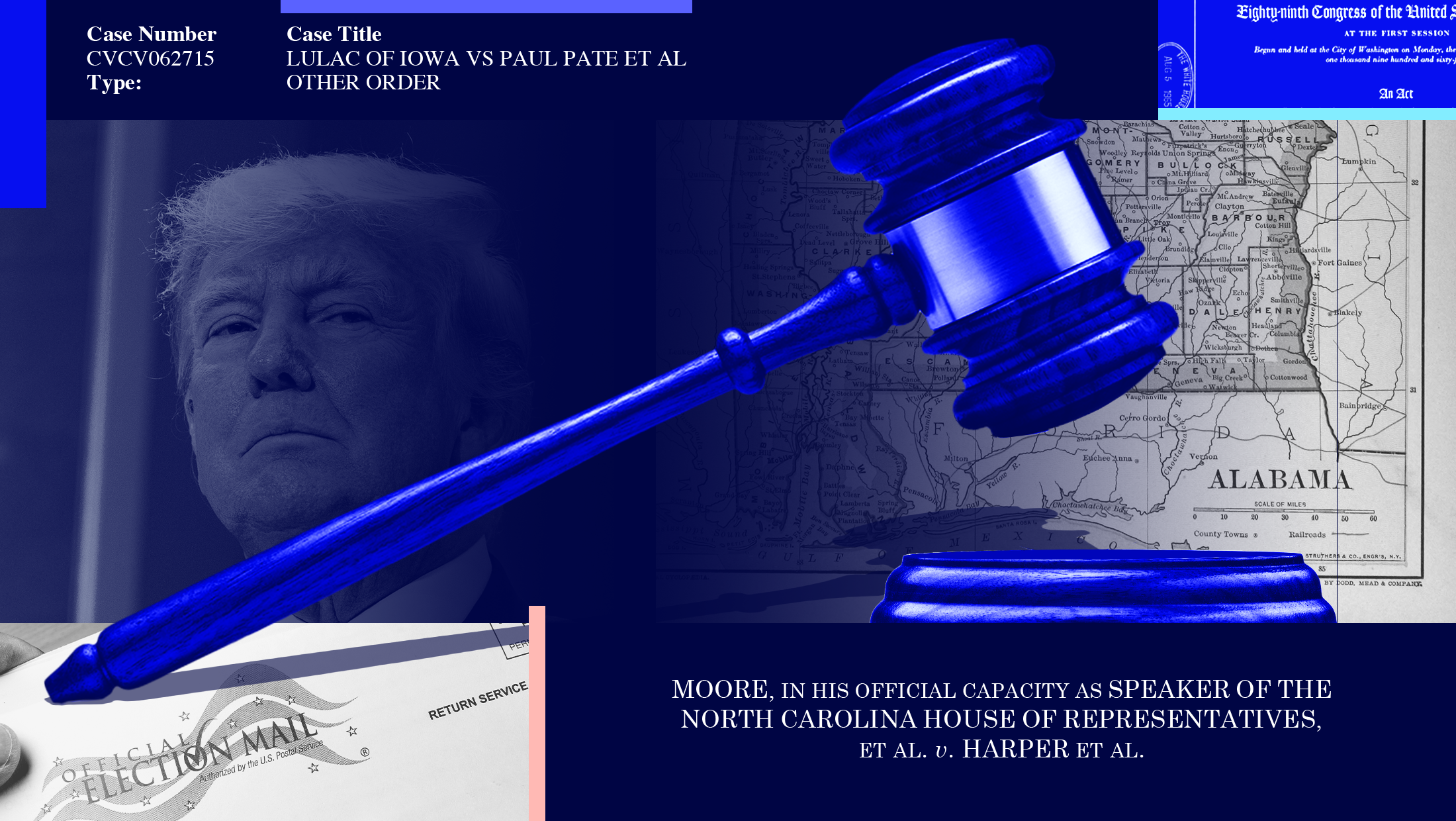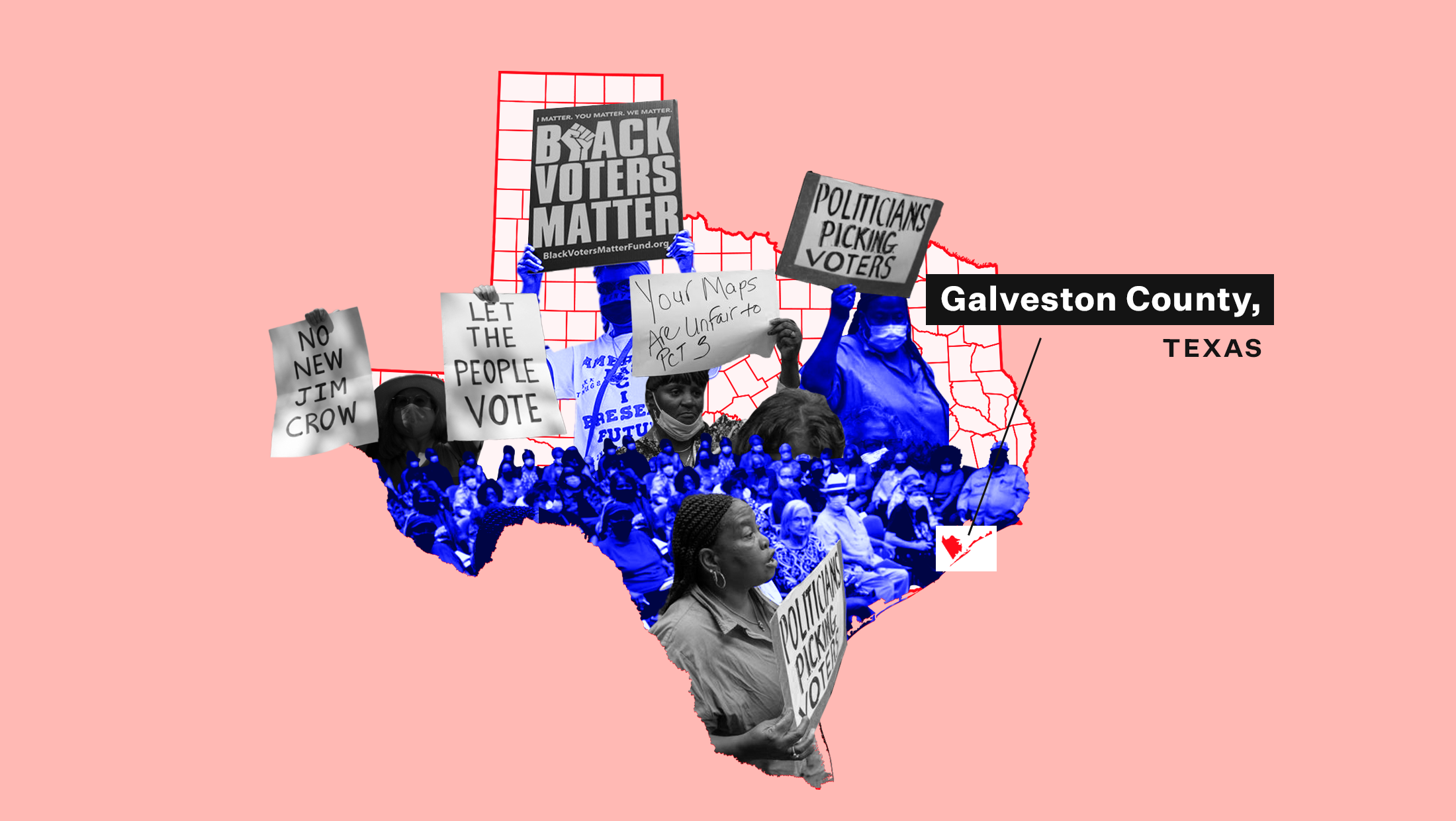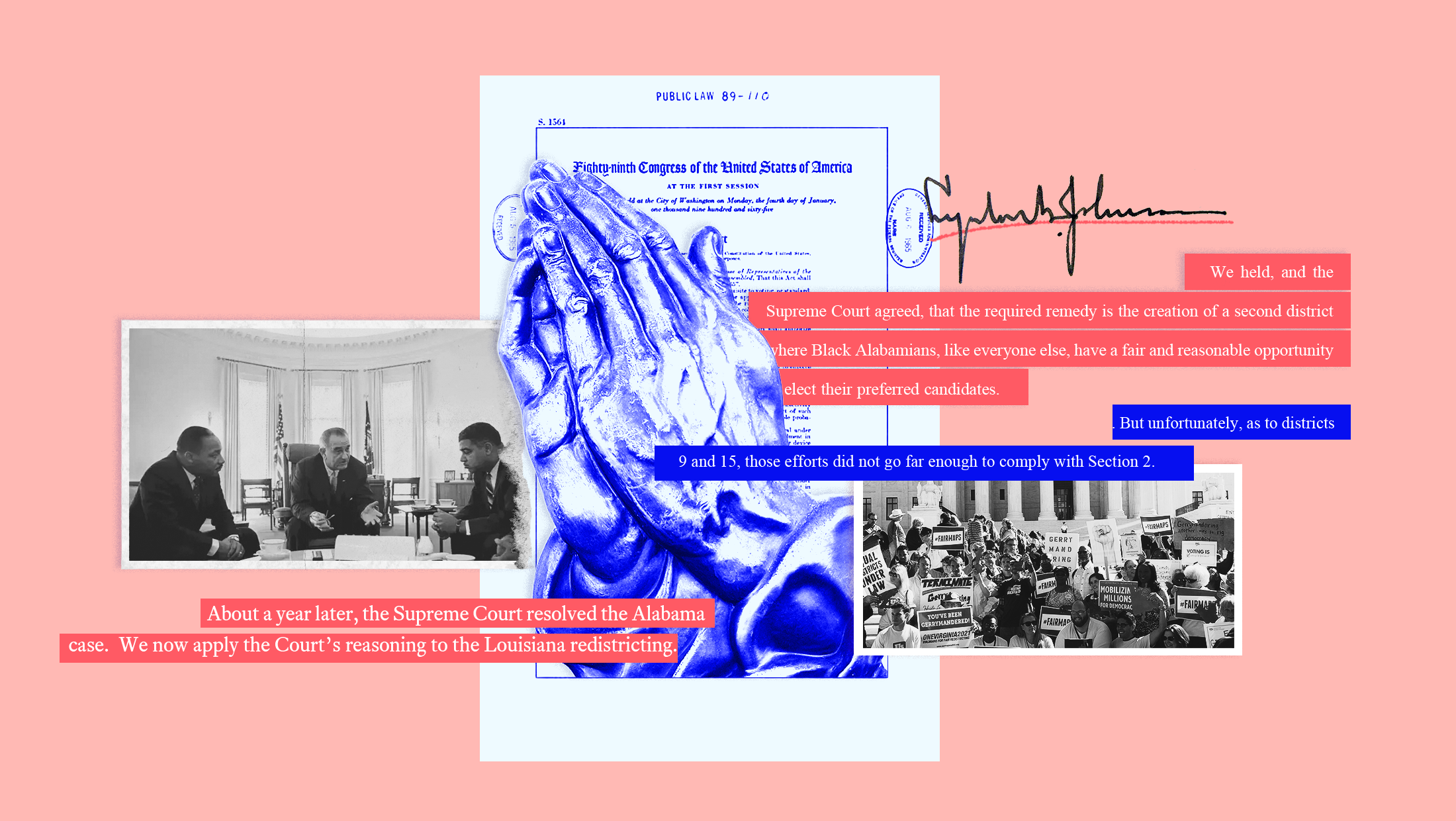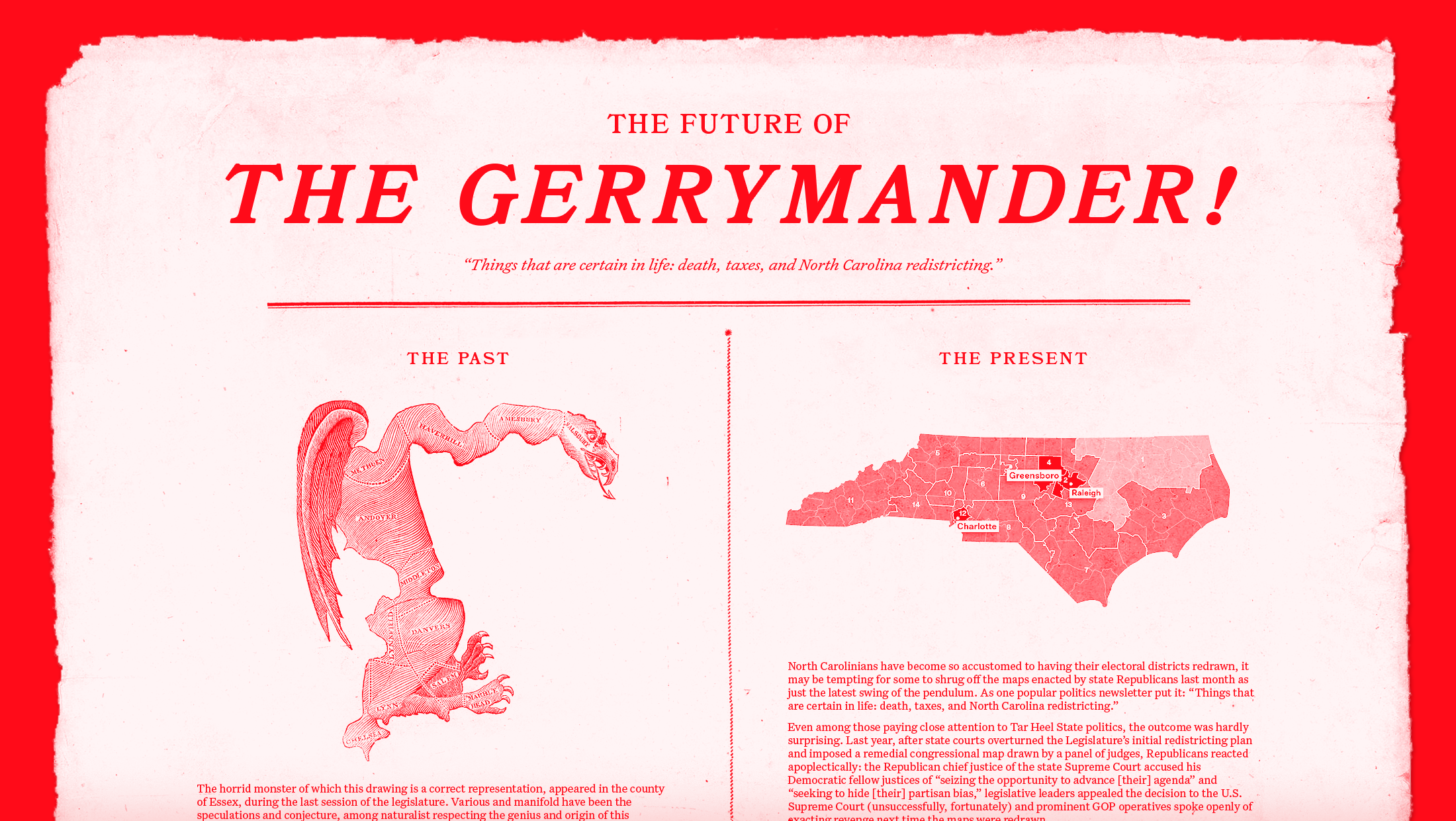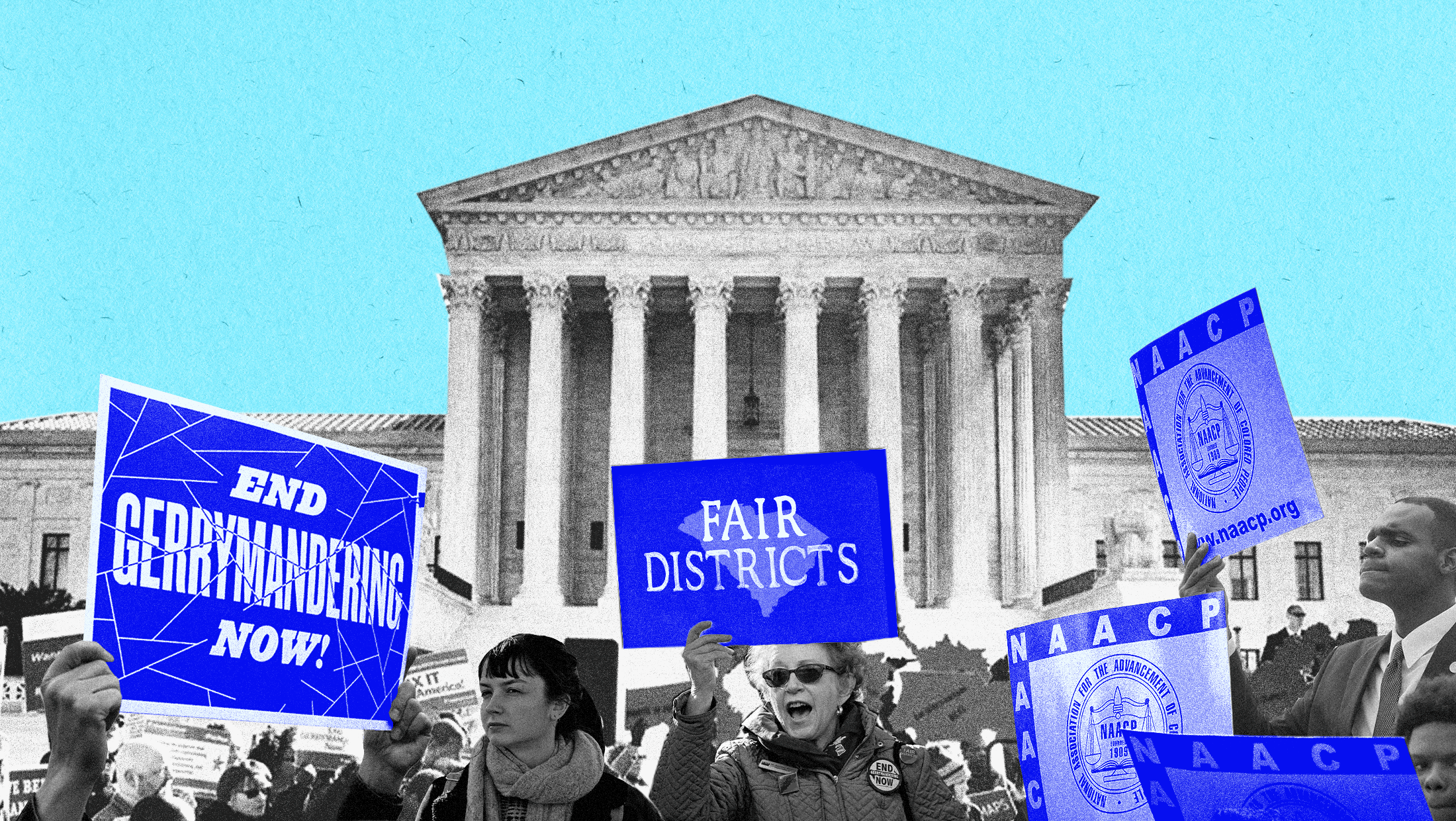We Will Not Be Drawn Out: The Fight for Fair Maps in Tarrant County, Texas
The conservatives who run the county are redrawing maps not in the spirit of fairness but in the pursuit of control. What is happening in Tarrant County is not just a local issue. It is a warning to the nation.
